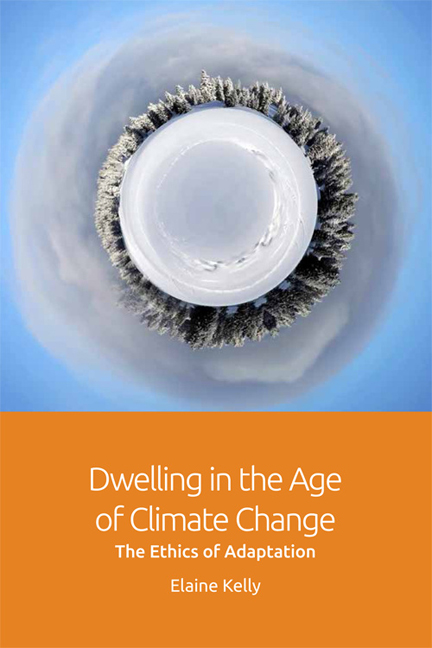Conclusion: A Future, Otherwise Than This
Published online by Cambridge University Press: 29 April 2021
Summary
‘In the end, every society produces its migrants.’
Thomas Nail‘This is tough: taking responsibility for something you can't see. But it's no tougher than taking responsibility for, say, not killing – you don't have to come up with a reason: you just do it and figure out why later.’
Timothy Morton‘We cannot hide behind a wall’, the former President of the United States, Barack Obama, declared to a cheering crowd in Berlin in May 2017 (Connolly 2017). In response to a question concerning the migration crises that currently beset Europe, Obama articulated what could be said was a humane but realist approach to the issue of human mobility. Retaining strict adherence to the dualistic thinking separating the citizen from the foreigner, Obama spoke of the tension of extending solidarity with victims in foreign lands while continuing to assert primary responsibility over the citizens and peoples within one's territorial borders, all the while cognisant of one's ‘limited resources’. Political decisions have to continually negotiate a multiplicity of needs, and with reference to migration matters, the best approach, he argued, is to bolster foreign aid in order to ‘create more opportunities for people in their own countries’ (Obama cited in Connolly 2017).
It is true that we cannot hide behind a wall. Nevertheless, nor can we assume that foreign aid will sufficiently diminish the issue of human mobility across the globe. In the era of climate change, the very ‘solutions’ assumed to provide viable futures meet astounding limits. One cannot adapt to lands that are literally eroding into the oceans. Nor can one adapt sustainably in the face of frequent severe weather that tears apart communities and infrastructure over and again, providing little space for stability and relief in between. Collapsing climate adaptation into local development imperatives is only a partial political response to a problem that introduces a multiplicity of ethical dilemmas. Moreover, when Obama declares that a wall will not do, he is focused only on sites of human mobility coming towards the Global North from outside. However, as I have demonstrated, the issues of displacement, migration and human mobility are unfolding within Global North states too, and require sharp analysis of the racialised politics of hospitality and care at play.
- Type
- Chapter
- Information
- Dwelling in the Age of Climate ChangeThe Ethics of Adaptation, pp. 165 - 170Publisher: Edinburgh University PressPrint publication year: 2018



